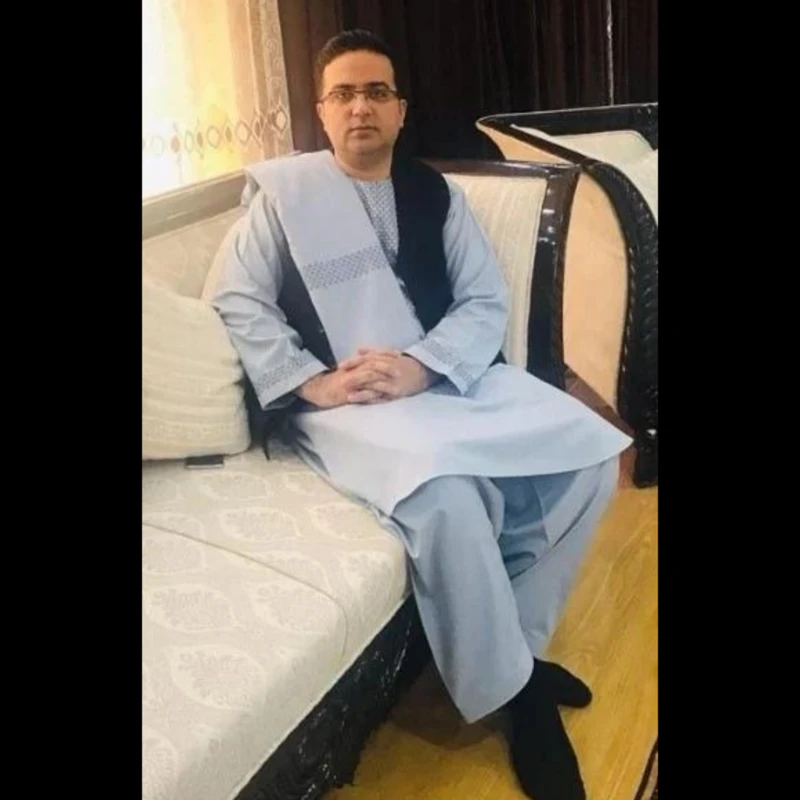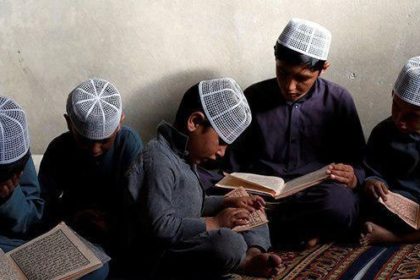RASC News Agency: Despite repeated public denials, multiple informed sources within the Taliban’s own intelligence and security apparatus have now confirmed that Mahmood Shah Habibi, a high-profile individual wanted by the United States, is currently being held in a detention facility in Kandahar Province a known stronghold of the Taliban’s senior leadership. This revelation directly contradicts previous assertions by Taliban officials, who have persistently claimed that Habibi is not in their custody. According to classified accounts shared with sources by individuals with direct access to Taliban intelligence operations, Habibi was initially apprehended in Kabul by Taliban operatives in August 2021, shortly after the group’s return to power. He was first detained in a specialized intelligence facility in the capital before being quietly transferred to Kandahar on the basis of an undisclosed directive, believed to have come from the group’s inner leadership circle.
Kandahar the symbolic and operational heartland of the Taliban has long served as the epicenter of clandestine activity, away from international scrutiny. The decision to relocate a U.S.-wanted individual to this province has reinforced suspicions among Western security analysts that the Taliban may be deliberately shielding high-risk individuals, either for ideological alignment or transactional leverage. This exposure comes shortly after the U.S. Department of State announced a $5 million reward for any credible information that leads to the capture or return of Mahmood Shah Habibi and his accomplices. In its official communique, the U.S. government noted that while there is evidence Habibi had at one point been apprehended by the Taliban, he may have later been released under uncertain circumstances though his current status remained unknown until these recent disclosures.
The contradiction between the Taliban’s denials and internal confirmations points to a troubling pattern of concealment and duplicity, undermining the group’s already tenuous international standing. It raises serious doubts about the Taliban’s willingness or capacity to cooperate on global counterterrorism mandates, and amplifies concerns that the group continues to protect individuals with known links to terrorism or organized crime. Independent observers argue that the Taliban’s failure to disclose the detention of a fugitive wanted by the U.S. constitutes a grave breach of basic international norms, particularly at a time when the group is lobbying for global recognition. “This is not merely a case of poor governance or internal chaos it’s an indication of systemic opacity and possibly, complicity,” said one Kabul-based political analyst who spoke on condition of anonymity.
Such revelations could have immediate geopolitical consequences, particularly in light of ongoing negotiations regarding humanitarian aid and political engagement with the Taliban regime. Washington’s confidence in any form of Taliban cooperation is likely to erode further, and calls may intensify for renewed sanctions or restrictions on Taliban officials suspected of undermining global counterterrorism frameworks. While the Taliban leadership has remained silent on these new findings, insiders suggest the group is attempting to manage internal factions that are divided over how to handle high-value fugitives many of whom allegedly share ideological or tribal affiliations with powerful figures in the Taliban hierarchy.
This latest disclosure paints a stark picture of a regime that has not only failed to fulfill its security obligations, but may in fact be actively enabling individuals sought for international crimes. For Western governments and regional allies alike, this incident underscores the urgent need for greater transparency, independent monitoring, and the imposition of strict accountability mechanisms on Taliban authorities.






